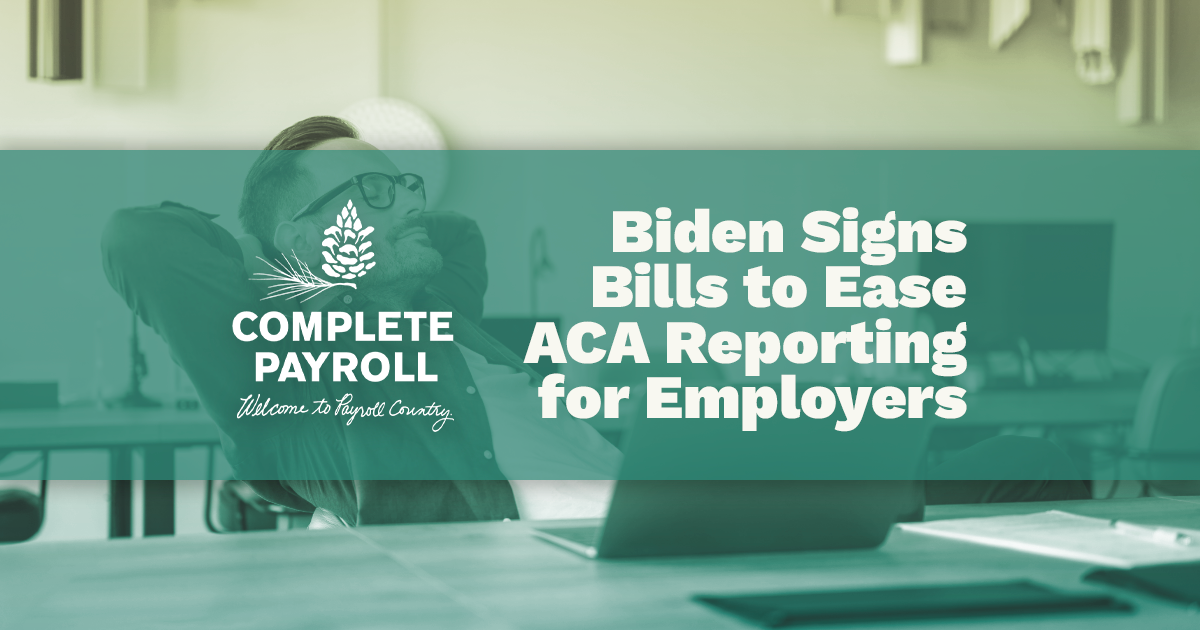Federal Miscellaneous Exemptions
Overview of Law
The Fair Labor Standards Act enumerates the following positions and industries that are exempt from overtime requirements. States that have their own wage and hour laws may not recognize many of these exemptions, in which case employers should pay overtime in accordance with state law.
- Agricultural Employees. There are a number of ways in which agricultural employees can be exempt. Employees are exempt if they are primarily employed during their workweek in agriculture and are not paid less than the minimum wage. Agricultural employees are also exempt if:
- They are employed by an employer who did not, during any calendar quarter in the preceding calendar year, use more than 500 man-days of agricultural labor; or
- They are the parent, spouse, child, or other members of the employer’s immediate family; or
- If they are a hand-harvest laborer paid on a piece-rate basis who commutes to the farm daily and has been employed in agriculture for less than 13 weeks in the preceding calendar year; or
- If they are age 16 or under and employed as a hand-harvest laborer paid on a piece-rate basis and is employed on the same farm as his/her parent and is paid the same piece rate as employees over 16 are paid; or
- If they are principally engaged in the range production of livestock.
- Agricultural Ditches
- Amusement and Recreational Establishments, Organized Camp, and Religious or Nonprofit Educational Conference Centers (If operating fewer than seven months per year, or if revenue during peak months and non-peak months meets certain requirements)
- Dairy Buyers
- Farm Operation Products
- Fruit/Vegetable Transportation
- Maple Sap
- Cotton ginning/sugar cane/sugar beet
- Newspaper
- Newspaper delivery
- Switchboard operators of independently-owned public telephone companies with fewer than 750 stations.
- Seafood Industry
- Domestic Service
- Transportation
- Drivers and driver’s helper's compensated on trip rates
- Taxi drivers
- Rail and air common carriers
- Radio and Television
- Mechanics and related jobs
- Recreational vehicle sales
- Institutions serving orphans
- Forestry
- Wreath makers
- Employees who work in foreign countries
- Petroleum distributors
- Firefighters and law enforcement
- Learners
The Fair Labor Standards Act (FLSA) establishes minimum wage, overtime pay, recordkeeping, and youth employment standards affecting employees in the private sector and in Federal, State, and local governments. Read the basic requirements of the FLSA here.
Got a labor law question?
Our team helps employers with labor law compliance every day. Complete the form below to ask a question or request some help.
General Disclaimer
The materials and information available at this website and included in this blog are for informational purposes only, are not intended for the purpose of providing legal advice, and may not be relied upon as legal advice. The employees of Complete Payroll are not


















